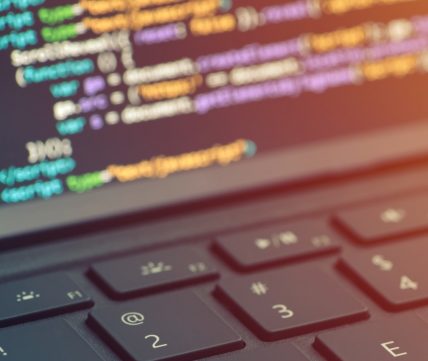Innovative Software Licensing at Cambridge
Arts, Humanities & Social SciencesFrom dual licensing to software as a service, at Cambridge Enterprise we have experience commercialising software using various business models.
The features, revenue distribution model and market determine the best commercialisation route and we aim to find the best fit for both creators and end users.
A common misconception is that once software has been released under an open source licence it can no longer be commercialised. However, software can be made available under a dual licensing model where a paid licence can be offered as an alternative to a free open source licence. This is the case with the JBIG-KIT software which is free for use under the GNU General Public Licence (GPL) but also available as a closed licence for companies wishing to incorporate the code into their products but who do not wish to release their own code open source under the copyleft requirements of the GPL licence. Dual-licensing via Cambridge Enterprise enables JBIG-KIT to be widely accessible for academic use but does not prevent commercial opportunities by allowing a company to keep their product code secret.
Software developed as a result of academic research can also be made available under a closed licence for use by third parties for internal research use. Software licensed by Cambridge Enterprise under this model includes Virtual WDS for earth sciences research and CAM2 for improved hearing aid performance. Other examples include GreenSwirl and Q3Pulse which model aeroacoustics and guide turbocharger turbine design respectively, and were developed by former PhD students of the University of Cambridge.
Licencing software can cover costs of maintenance upgrades so the software stays up to date with the latest operating system requirements and/or trends of the research field. Cambridge Enterprise has been the exclusive licensors of the ICM+ brain monitoring software since 2004, revenue from which has funded continuous updates to expand its functionality and compatibility with new medical devices.
Software and other copyrightable material can be used to provide services to third parties in a hybrid licensing/servicing model (commonly referred to as Software as a Service (SaaS). The OBPI (Orpheus Business Personality Inventory) is a work-based psychometric assessment of personality and integrity that is licensed through Cambridge Enterprise and can be used to model personality within a work context. Using the know-how and expertise of the academic creators, OBPI is used to generate detailed narrative reports for individual test-takers and for administrators for recruitment and coaching purposes.
Licensing through Cambridge Enterprise does not limit academic freedom; creators retain ownership of their software and retain academic use rights so they can share it with academic collaborators. Software licensing also does not preclude setting up a spin-out at a later date; licences can be terminated or transferred to a spin-out that obtains commercialisation rights to the software.




